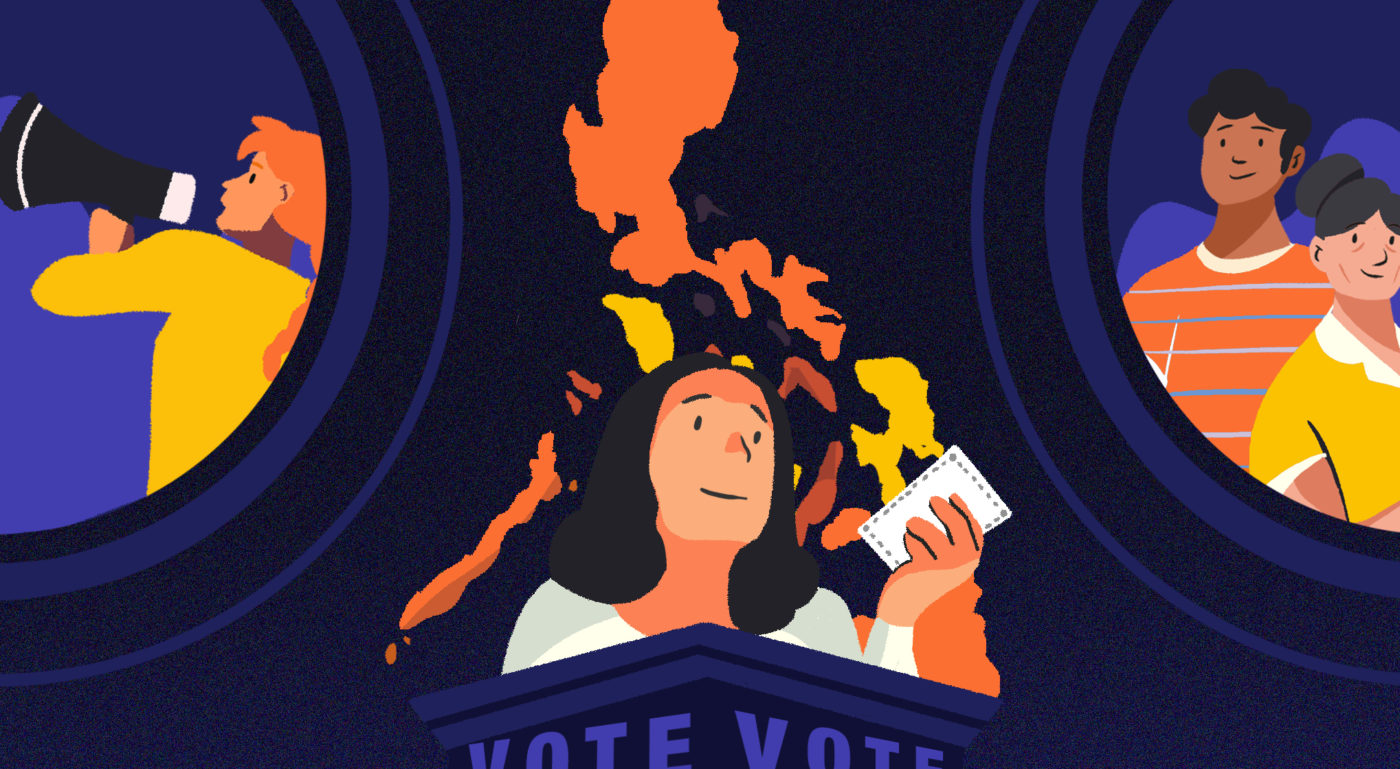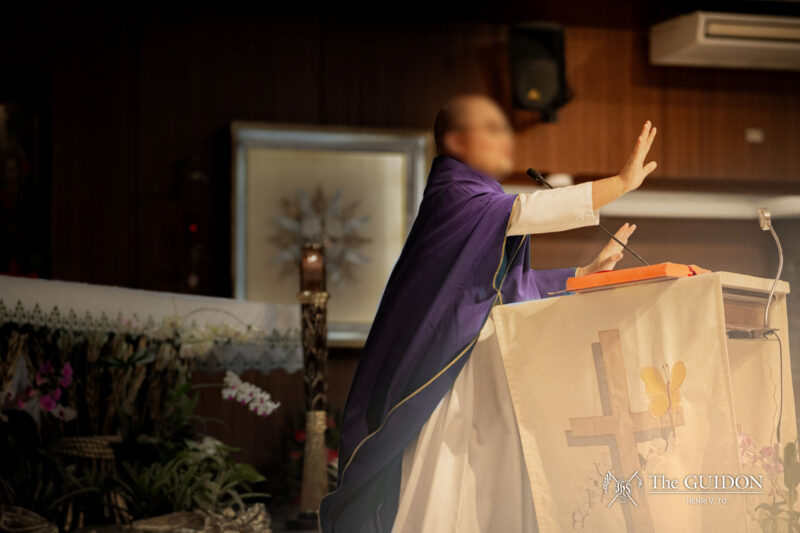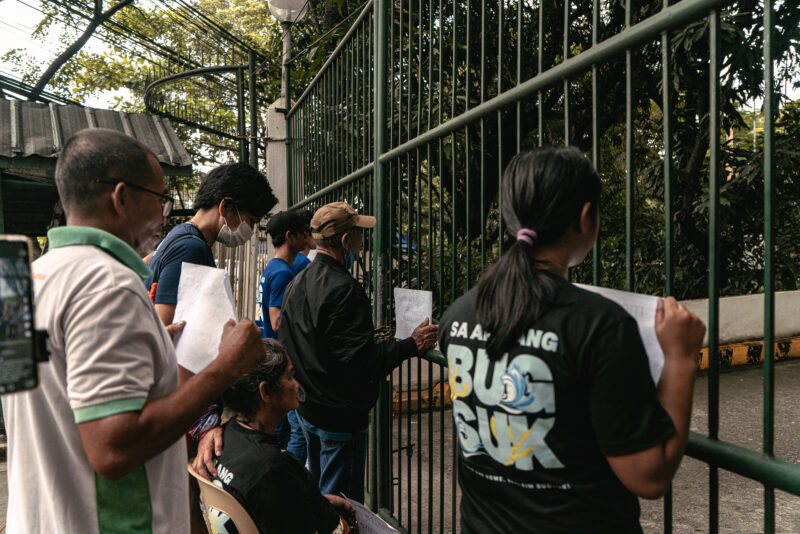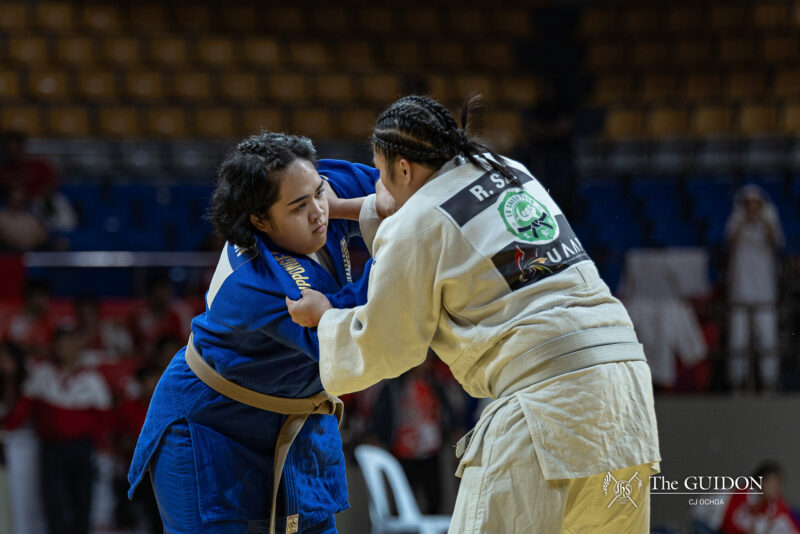Voting for the first time can be daunting, but once people properly cast their votes, change will be within their reach.
WITH OVER four million newly registered voters from the 18 to 21 age bracket, it is often noted that the “youth vote” will be critical in the May 2022 elections. However, the hope placed on this sector may not be predictive of the actual election turnout if done without caution.
Voting is a democratic right and a responsibility to be acted upon based on substantial decision-making, but voting for the first time may be an entirely different experience. Without proper platforms to educate oneself and practices to keep one’s information diverse and fact-checked, shading the ballot can be anxiety-inducing at best.
Citizens’ call
Newly registered voter Ofelia Gasangue (1 AB MEC) defines voting as an “exercise of our suffrage.” Gasangue adds that is the act of choosing competent public servant leaders to serve the country and its citizens.
Due to the foreseeable impact of this year’s elections, several young Filipinos have taken the driver’s seat to campaign and become politically involved both offline and online. In line with this, first-time Atenean voter Lancelot Batara (1 AB MEC) shares how the awareness of the stakes held by the upcoming 2022 government has prompted him to register.
“As an advocate of progressive development in our country, I can show this by registering myself as a voter, because as a voter I have the right and power to choose our next leader, ” Batara elaborates.
For others—despite eligibility—the capacity to vote has been stalled by recurrent logistical factors such as scarce voter registration facilities alongside other personal commitments. For instance, Jacob Publico (4 AB IS) shares that he has been eligible to vote since the last election period but only registered as a voter this year.
What helped change his perspective is his exposure to the Ateneo community where the importance of voting is instilled in students. “Most of our professors would always mention that ‘voting is more than the right; it’s the political responsibility of every Filipino.’ So I carried that little burden inside of me… When the political events unfolded in our country, I kind of felt that I should use my right to uphold what is good,” he recalls.
Registering to vote, however, is only one of the many ways to uphold what is good. For Publico, it was only the beginning of his commitment to volunteering in his local government unit. As an active volunteer, Publico notes that not everyone has the same access, political exposure, and experience he has.
Similar to casting one’s vote, campaigning for an opposition party against a long-standing political dynasty in one’s LGU comes with many challenges and threats. Nonetheless, he shares continuing organizing events, spearheading on-the-ground and online campaigns, and rallying his party.
The youth inevitably constitute a huge portion of this year’s election. In a generation that is internet-reliant for news and communication, many people are in fret about the youth decision as social media platforms are loaded with disinformation. However, combatting and counteracting these threats are not impossible when done collectively.
Breaking the bubble
Amid a political climate riddled with vote-buying, trolling, and suspected large-scale electoral manipulation, the most trivial challenge for any voter is keeping themselves informed. Furthermore, first-time voters with their own political biases may overlook one key aspect on the spectrum of electoral mishaps—echo chambers.
For some new voters who firmly support a particular slate or candidate, there may be an internal refusal to acknowledge the differing party. To this, Publico advocates genuinely engaging across different ends of the political spectrum to escape the unhealthy echo chamber.
As for actually exercising one’s right to vote despite its perceived “obsolete” capacity, Publico encourages practicing the feat of vote filtering, which is the act of researching the candidates’ platforms and track-records. Afterwards, he recommends doing data triangulation, where one compares sources to several others for credibility purposes.
Complementing personal initiative to inform oneself and fact-check, institutions such as universities have continually equipped students for the coming elections. Ultimately, Publico remarks that there could be more efforts placed into diversifying interactions and perspectives on the ground. He believes it’s important not to alienate differing camps as discursive engagements are necessary to progress forward.
A shade for change
Bearing the responsibility of voting can be nerve-wracking considering the current state of the Philippine administration that is filled with political threats against activists and the restriction of press freedom comparable to a dystopian milieu. That is why the mere act of registering to vote is crucial. Batara notes that the youth’s willingness to register despite the tedious processes is a bold statement in itself.
Despite the weight of the duty to vote, the power and grit of the Filipino youth continuously flow through various youth-led initiatives designed to inform the general public on how to do it wisely.
“You have to keep an open mind [and] know your choices, but you also have to know yourself well enough and the people around you. So, think not just for yourself, but for the people,” Gasangue remarks.
To ease feelings of anxiousness with regards to one’s voting preferences, rightful preparations are necessary. It is imperative to know one’s goal in voting in order to make a wise decision. Gasangue suggests that one of the most important things to do in this election is to amplify—not just our own voices, but also the voices of the marginalized. To this, Publico adds: “As a first-time voter myself…if you have the capacity don’t just settle for voting, but also participate.”
More so, with the internet’s cauldron of misinformation and the rise of echo chambers amid the backdrop of electoral manipulation, one might be tempted to withdraw their vote altogether. However, it’s important that youth voters do not lose hope.
Registering to vote is only the beginning. First-time voters like Gasangue, Batara, and Publico prove that true change starts with acknowledging the power that a single shade holds. The change continues when one’s vote is translated into action—be it through volunteerism in both local and national scales, or challenging misinformation, electoral myths, and echo chambers.
Ultimately, though change cannot happen overnight; it must begin somewhere. The upcoming 2022 elections is only one part of the process that must begin with youth voters right now.







